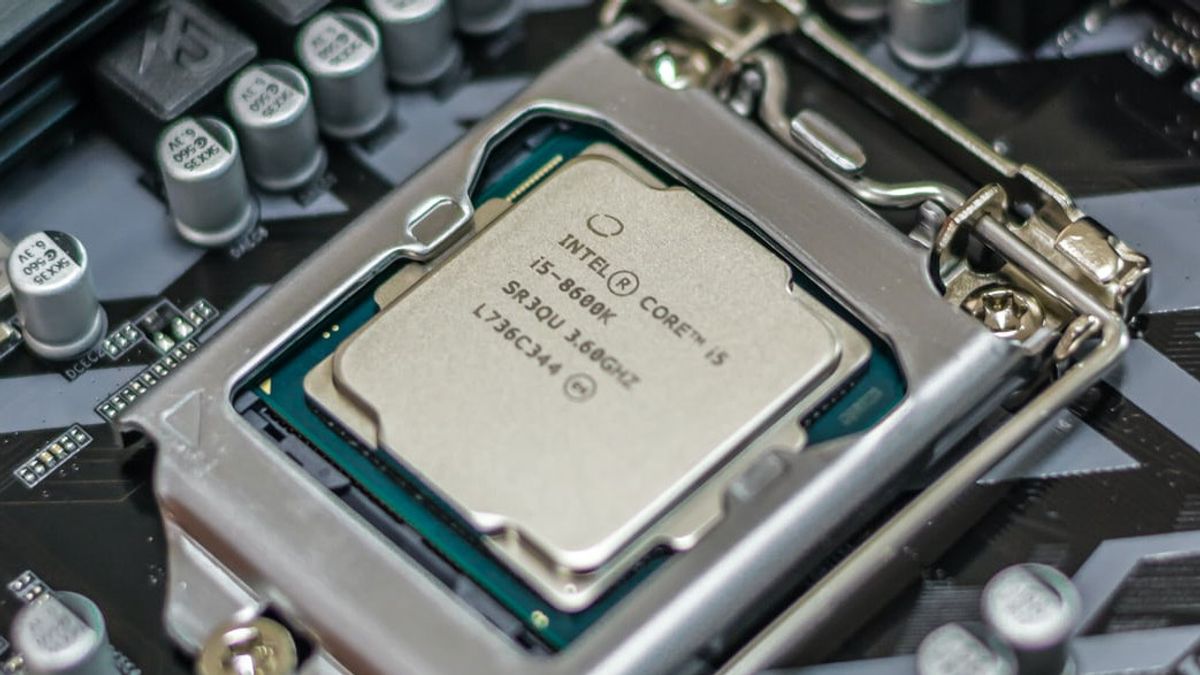JAKARTA - The European Union has finally taken action on its own through regulations to overcome the global shortage of semiconductor chips that has not ended until now.
Not long ago, the European Commission passed a bill that stipulates state aid to lure companies like Intel and Taiwan Semiconductor Manufacturing Co (TSMC), Asia's most valuable technology company, to build more microprocessors in the region by spending 49 billion US dollars. trillion more.
The rules are contained in the European Chips Act, which was designed to kickstart the semiconductor assembly industry. The goal is to double production over a decade while expanding its footprint into cutting-edge chips, while reducing dependence on components from Asia.
Meanwhile, the US also has a similar law in the draft stage, aimed at ensuring the Uncle Sam's country's economy can withstand chipset shortages.
"Chipsets are at the center of the global technology race, they are the foundation of our modern economy, and are essential for the goods we use every day," said the President of the European Union Commission, Ursula von der Leyen, recently.
The European Union believes the plan will allow Europe to leverage its strengths in areas such as research and manufacturing, while addressing their weaknesses in those areas.
The European Chips Act also aims to increase research and development, increase production and monitor the supply of semiconductors.
The plan, which requires approval from member states and the European Parliament, involves public and private investment and seeks to reduce future disruptions to chip supply chains.
In addition, his ambition is to double the global semiconductor market share to 20 percent by 2030.
“The European Chip Act will be a game changer for the global competitiveness of the European single market. In the short term, it will increase our resilience to future crises, by enabling us to anticipate and avoid supply chain disruptions," said Leyen.
"In the medium term, this will help establish Europe as an industry leader in this strategic branch," he added.
The English, Chinese, Japanese, Arabic, and French versions are automatically generated by the AI. So there may still be inaccuracies in translating, please always see Indonesian as our main language. (system supported by DigitalSiber.id)








